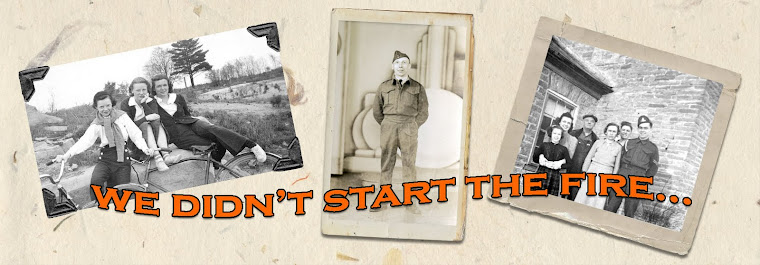I think Geocaching is an awesome tool for public historians. Museums, for example, could create walking tours that make use of a GPS and historical artifacts (replicas, of course). Similarly, historical societies could create country-wide historical adventures that lead Geocachers on a hunt for a series of artifacts that are relevant to Canadian history. With each discovery, hunters learn tidbits of history relating to the artifacst. It might look a little something like this:

In Charlottetown, a picture of the members who attended the Charlottetown Conference is located on the grounds of Government House. On the boardwalk in Halifax, hunters might discover the hasty telegram sent by dispatcher Vince Coleman that stopped a train with 700 passengers from barreling into the city at the time of the Halifax Explosion. In Quebec, Geocachers are directed to the Plains of Abraham to find a French Infantry Mus
 ket used during the fateful battle. The next stop is Toronto where the goal is to find a miniature version of William Lyon Mackenzie's printing press that was thrown into Lake Ontario. In Regina, a buried stethoscope represents Tommy Douglas and the development of Medicare. In the Nass River valley of British Columbia, hunters are guided toward an indigenous artifact belonging to the Nisga'a people. Finally, the search ends with the discovery of gold in the Klondike near Dawson City, Yukon.
ket used during the fateful battle. The next stop is Toronto where the goal is to find a miniature version of William Lyon Mackenzie's printing press that was thrown into Lake Ontario. In Regina, a buried stethoscope represents Tommy Douglas and the development of Medicare. In the Nass River valley of British Columbia, hunters are guided toward an indigenous artifact belonging to the Nisga'a people. Finally, the search ends with the discovery of gold in the Klondike near Dawson City, Yukon.Of course, searches like these can, and probably should, be limited to provinces, regions, and even cities. Geocaching has a lot of potential for public history and historians and is a great way to combine new digital technologies with traditional histories.

1 comment:
Your description of using geocaching as a means to teach and bring awareness to historical events is spot on. My wife and I have hunted several geocaches where we had to learn about local history and use that knowledge, and the clues provided, to find the actual cache. Many educators are now using geocaching to pique the interest of their students.
But it's just educational. It's great fun! We blog about geocaching at...
The Northwoods Geocats
Post a Comment